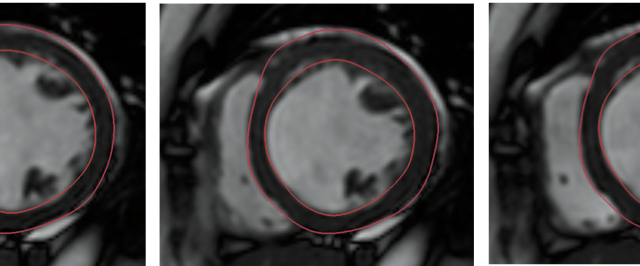Martin Genet was just promoted Professor at École Polytechnique!
Congrats Martin!
Inria/École Polytechnique joint research team
Congrats Martin!
The second paper of Aurora Armiento and Philippe Moireau has been published in PLOS One. In this paper, we invesitage how models and data assimilation can be very useful tools to study oligomerisation processes and propose new pathways consistent with experimental observations. This article correspond to the second publication associated Continue ReadingNew paper on A. Armiento's PhD work on protein polymerisation

In mechanics, can we physically characterize a dynamical system by observing its shape variations? More precisely, given an (infinite-dimensional) dynamical system, how can we assimilate the shape of the deforming domain to estimate the complete solution and eventually identify some physical parameters? Our problem belongs to the category of data Continue Reading(Closed) PhD position on Shape observers for elastodynamics problems – Applications to medical imaging and to the characterisation of red blood cells
Philippe Moireau is defending his research habilitation today in Amphi Sophie Germain. Please download his manuscript here.
Philippe Moireau presented the team at the 2016 Inria scientific colloquium (Video in French).
The Cemracs is a scientific event of the SMAI (the french Society of Applied and Industrial Mathematics) scientific which aims to bring together scientists from both the academic and industrial communities during 6 weeks at CIRM in Luminy (Marseille, France). The Cemracs 2016 (July 18th - August 26th) is devoted this year to numerical challenges Continue ReadingCemracs 2016 co-organized by Philippe Moireau

The Biomechanical Engineering Master is a second-year (M2) specialty program of the University of Paris-Saclay Master of Mechanics. The aim of the program is to provide students with specialization in the application of mechanics to biological and biomedical systems. All instruction is in English and is delivered by a group Continue ReadingMΞDISIM participates in new Master's in biomechanical engineering